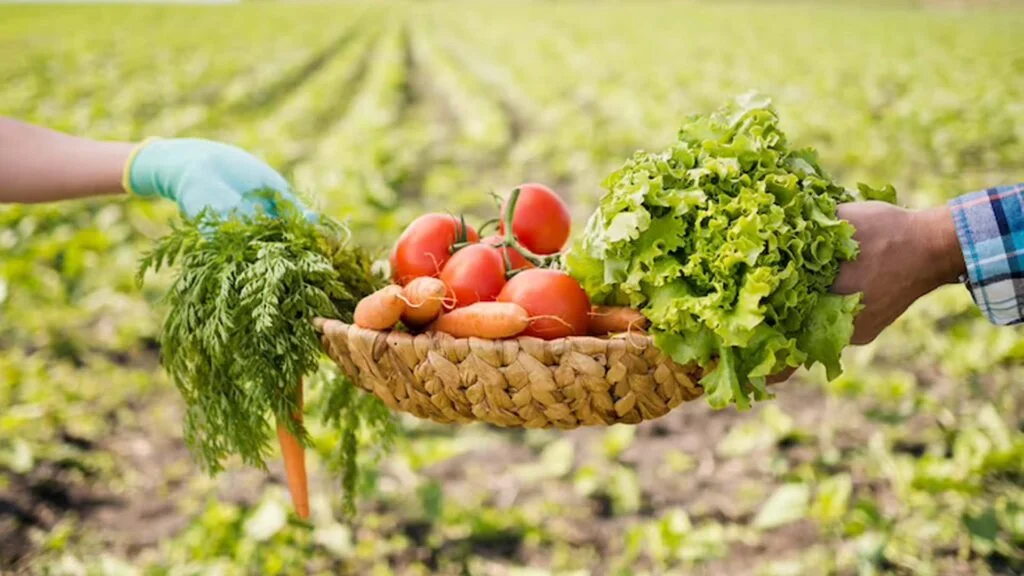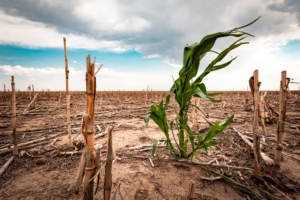Introduction
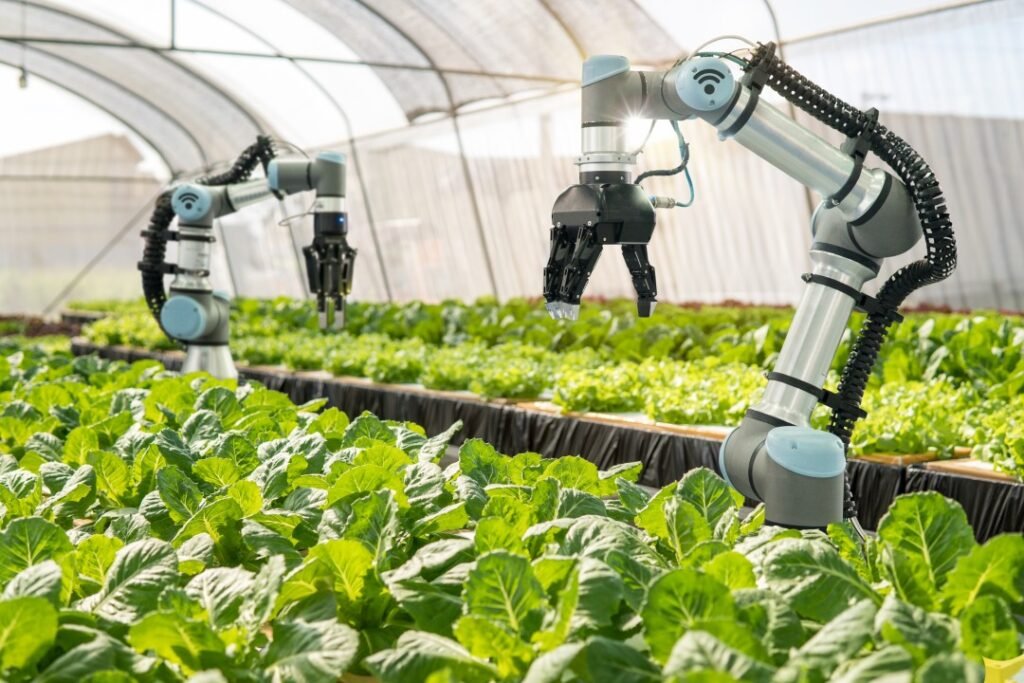
Technological Innovations in Agriculture are revolutionizing traditional farming practices, offering solutions to enhance productivity, efficiency, and sustainability. As the global population continues to grow and environmental challenges intensify, the agricultural sector must adapt to meet increasing food demands while minimizing ecological impacts. This article examines key technological advancements that are reshaping traditional farming, including precision agriculture, automation, artificial intelligence (AI), and sustainable practices.
Key Technological Innovations in Agriculture
1. Precision Agriculture
Precision agriculture is a data-driven approach that integrates cutting-edge technologies to optimize farming practices.
- Satellite Imagery and Remote Sensing: These technologies provide farmers with real-time insights into crop health, soil moisture levels, and overall field conditions. By analyzing this data, farmers can make informed decisions regarding planting, irrigation, and fertilization 1. Technological Innovations in Agriculture
- Drones: Drones equipped with advanced sensors are increasingly used for monitoring crops and assessing field conditions. They allow for detailed aerial imagery that helps identify issues such as pest infestations or nutrient deficiencies before they escalate 2.
2. Automation and Robotics
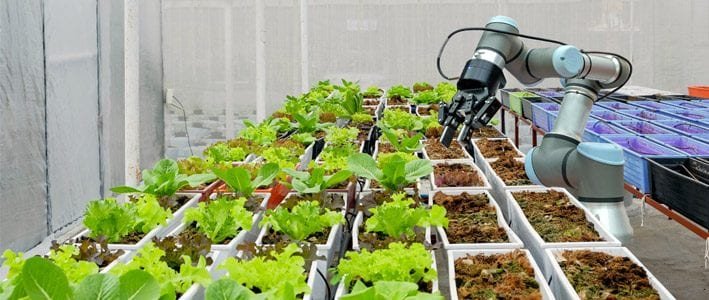
Automation in agriculture is transforming labor-intensive tasks through the use of advanced machinery.
- Autonomous Machinery: Self-driving tractors and automated harvesters are becoming commonplace on farms. These machines utilize GPS technology to navigate fields with precision, reducing labor costs and increasing efficiency 4.
- Robotic Systems: Innovations such as robotic weeders and planters help optimize resource use by performing tasks with minimal human intervention. This not only saves time but also reduces the margin for error 2. Technological Innovations in Agriculture
3. Artificial Intelligence (AI) and Machine Learning (ML)
AI and ML technologies are enhancing decision-making processes in agriculture.
- Predictive Analytics: Farmers can use AI to analyze vast amounts of data from various sources, including weather forecasts and soil conditions, to predict crop yields and optimize resource allocation 56.
- Computer Vision: AI-powered computer vision systems can assess plant health by recognizing optimal growth patterns, enabling farmers to adjust their cultivation methods accordingly 5. Technological Innovations in Agriculture
4. Internet of Things (IoT)
IoT technologies empower farmers with real-time monitoring capabilities.
- Smart Sensors: IoT devices collect data on soil moisture, temperature, and crop health, allowing for precise irrigation management. This fosters sustainable practices by conserving water and optimizing inputs 3.
- Connected Systems: These systems enable farmers to automate irrigation schedules based on real-time data, ensuring that crops receive the right amount of water at the right time 3.
5. Sustainable Practices
Technological Innovations in Agriculture are also facilitating sustainable agricultural practices.
- Regenerative Agriculture: New technologies support regenerative farming methods that focus on restoring soil health and biodiversity while sequestering carbon emissions 6.
- Vertical Farming: Innovations in vertical farming techniques allow for efficient space utilization in urban settings, reducing transportation emissions while providing fresh produce locally 2.
Conclusion
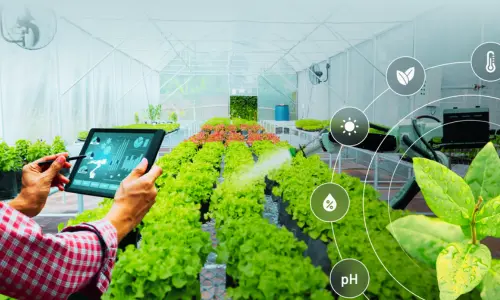
Technological Innovations in Agriculture are fundamentally reshaping traditional farming practices by enhancing productivity, efficiency, and sustainability. From precision agriculture and automation to AI-driven decision-making and IoT applications, these advancements offer significant potential for addressing the challenges faced by the agricultural sector today. As farmers embrace these technologies, they can improve their operations while contributing to a more sustainable food system.
Stay informed about Technological Innovations in Agriculture advancements in agriculture—consider integrating these innovations into your farming practices to enhance productivity and sustainability!
Q&A Section
Q: What is precision agriculture?
A: Precision agriculture is a data-driven approach that utilizes technologies like satellite imagery and drones to optimize farming practices based on real-time data about crop health and field conditions.
Q: How does automation benefit traditional farming?
A: Automation reduces labor costs and increases efficiency by using autonomous machinery for tasks such as planting and harvesting, allowing farmers to focus on more critical functions.
Q: What role does AI play in modern agriculture?
A: AI helps analyze large datasets to predict crop yields and optimize resource allocation, enhancing decision-making processes for farmers.
Resources
- Precision Agriculture Is Shaping the Future of Farming – Agrilinks
- Innovation in Agriculture: 6 Innovations That Will Have an Impact on Farm Management – Miller Chemical
- 15 Innovations in Agriculture – RegenZ
- Agriculture Innovation: 10 Tech Trends to Watch – MassChallenge
- Top 13 Innovations in Agriculture/Farming in 2023 – Jiva
- Innovation and Technology in Agriculture – UK Parliament


